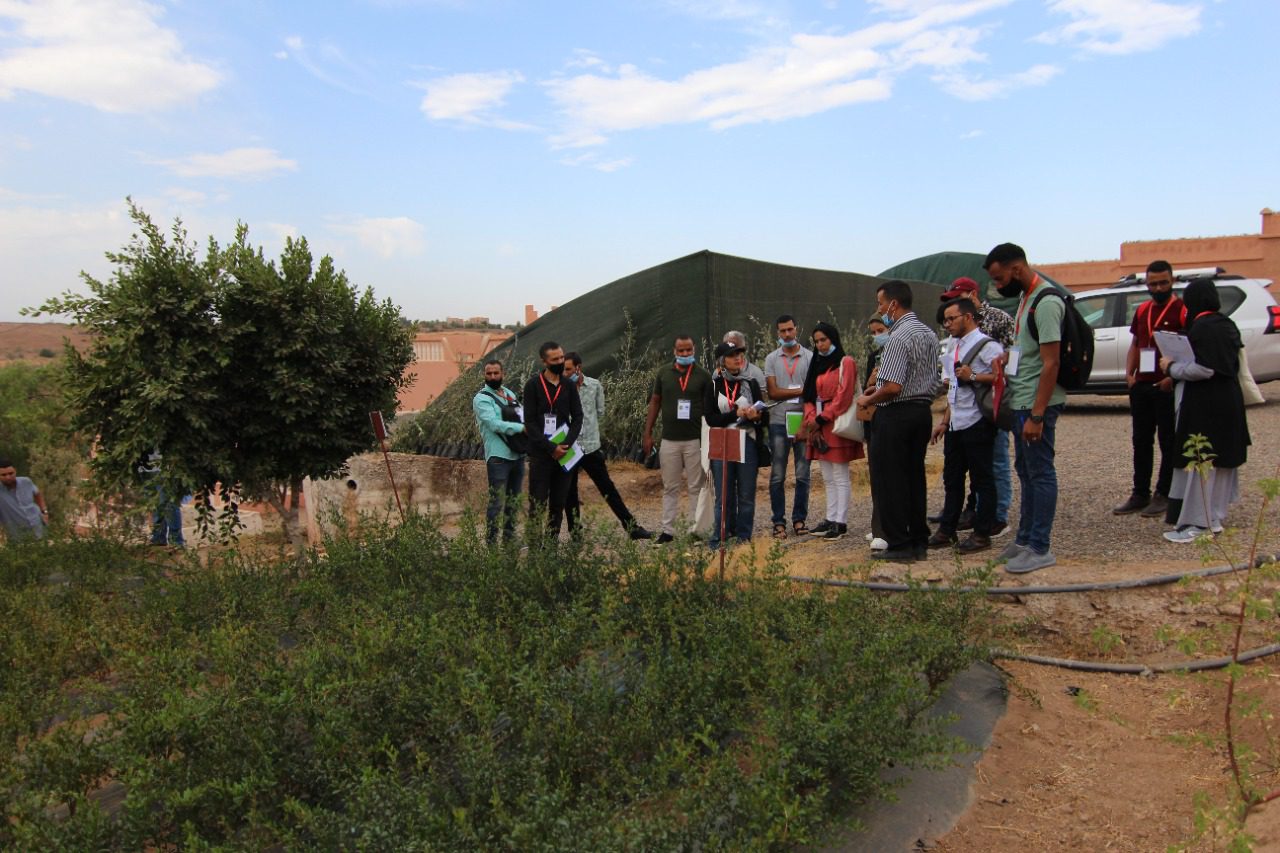Africa currently faces an unemployment crisis with some of the highest unemployment rates in the world, and according to the World Bank, African youth make up 60% of unemployed workers. As the COVID-19 pandemic continues to harm economies globally, unemployment rates accelerate, especially in Africa. Although some speculate youth unemployment arises from a lack of employable skills, this is simply false. Rather, youth face a lack of job availability from the demand side; there are simply not enough decent jobs with safe working conditions available to employable African youth.
On September 28, 2021, Agrilinks, an online hub supported by the U.S. Agency for International Development (USAID), hosted a webinar entitled “Balancing Market Approaches to Better Youth Employment Outcomes,” addressing African youth unemployment and potential solutions. Zachary Baquet from USAID moderated a discussion between Dr. Bernd Mueller, Lulama Ndibongo Traub, and Tracy Kimathi, who each offered solutions to youth empowerment and employment. Specifically, each speaker addresses whether the supply or demand side of employment needs to improve.
Dr. Mueller, an employment specialist at the International Labour Organization, offered an argument for demand side interventions to promote employment. In many low-income countries, he claims, the demand side is constrained, meaning the availability of jobs remains low. Moreover, Dr. Mueller argues rural poverty, underemployment, and poor working conditions exist because the labor supply outweighs the labor demand. Instead of focusing on skills training on the supply side, we should “tighten” the labor market by reducing the gap between supply and demand, thereby creating more employment opportunities. Importantly, though, he notes we should prioritize the quality, not quantity of jobs, aiming for decent work and productive employment.
However, intervention on the demand side requires structural transformation as unemployment is a complex issue. Dr. Mueller asserts we need concerted policy action, leadership, and vision to create real change. We cannot merely assume development can occur without the shifting of current economic and social structures. Rather, he argues, we must stimulate new sectors for employment, especially such sectors outside of agriculture. He closes with an assertion that unemployment is a systemic problem with youth employment as a subsection. Therefore, we must focus on the problem as a whole, as it will naturally integrate youth employment.
In contrast, Traub, a value-chain and policy analyst and Chair of the Technical Committee at the Regional Network of Agricultural Policy Research, argues that we must balance the supply- and demand-side approaches, with a focus on youth empowerment. Specifically, empowering youth is a supply-side approach in which we need to understand the new skills required for a future workforce and how the role of governments, industries, and academia can build these new skills. As a professor, Traub offers a unique perspective on why educators must focus on critical thinking, complex problem solving, and collaboration to build soft skills. Additionally, Traub notes there is a movement towards science, technology, engineering, math, business leadership, and entrepreneurial social influence-related jobs. On the policy side, she argues that African governments should increase public investment in agricultural research and development, moving beyond farmgate investments.
On the demand side, Traub asserts solutions should encourage the role of the agrifood sector, which offers various employment opportunities, such as soil scientists and food marketers. She emphasizes the agrifood sector’s opportunity to make a difference, which attracts youth employees, as younger generations increasingly aim to make a difference in their careers. In fact, jobs in the agrifood sector can impact complex, modern challenges, such as obesity, food waste, and malnutrition. Therefore, focusing on the agrifood sector for job creation can transform our economies and food systems.
The final speaker, Kimathi, the founder of a startup called Baridi, provides a perspective from the demand side on youth employment. On the supply end, Kimathi argues that young Africans have the skills necessary for employment, but due to a lack of demand, unemployment soars. She asserts that we must enable the supply side to be the demand by encouraging youth to start businesses, effectively allowing the employees to become employers.
For demand-side approaches, Kimathi believes employers must foster younger generations’ needs for flexibility and freedom. As remote work increased during the pandemic, younger workers came to value freedom in controlling their workdays. Kimathi argues that productivity increases with hourly rates over monthly salaries, so we should encourage more freelance jobs. More importantly, though, younger workers want to make an impact, so employers should offer them a chance to contribute positively to their communities. Kimathi asserts overall that startups can create employment and change, adapting to the needs of youth.
Clearly, as understood by the sentiments of the speakers, the demand side’s lack of decent jobs drives youth unemployment in Africa. We cannot blame youth for underemployment, but rather focus our efforts on job creation.





